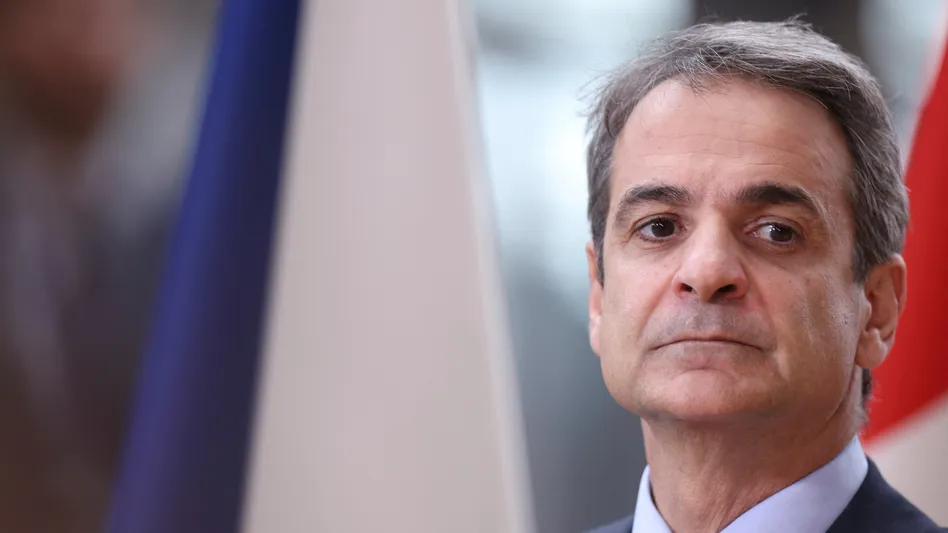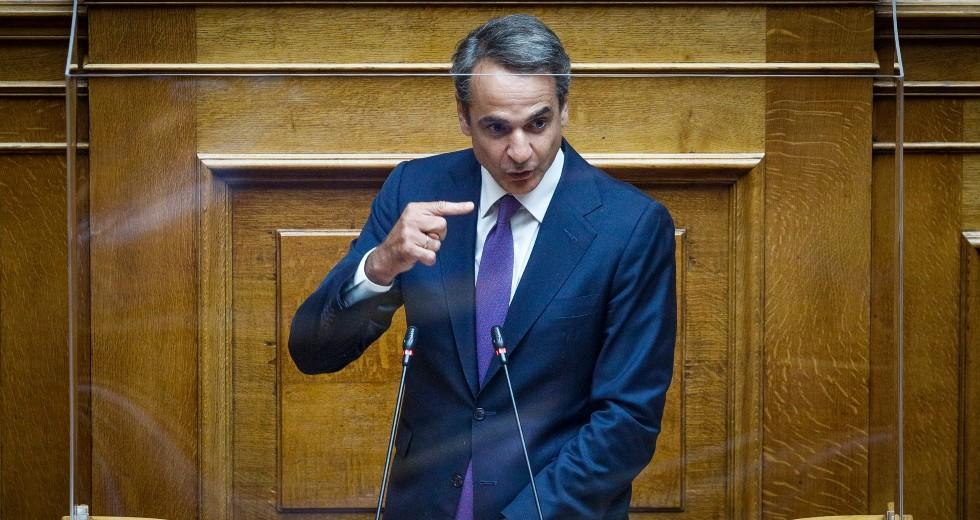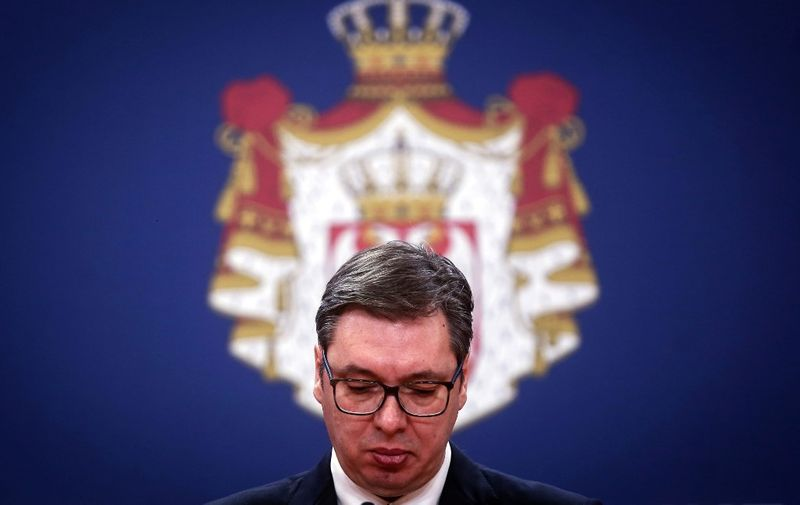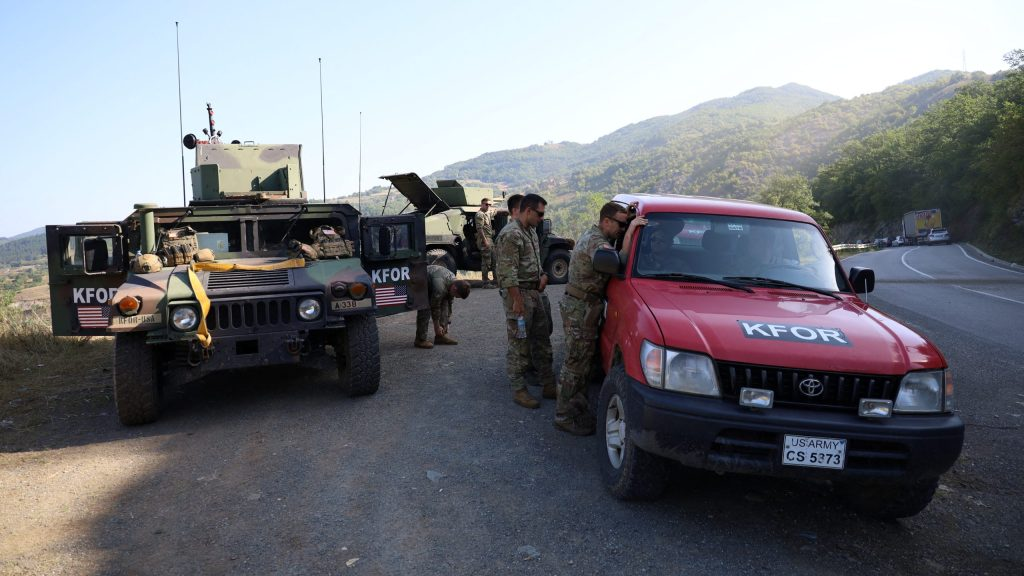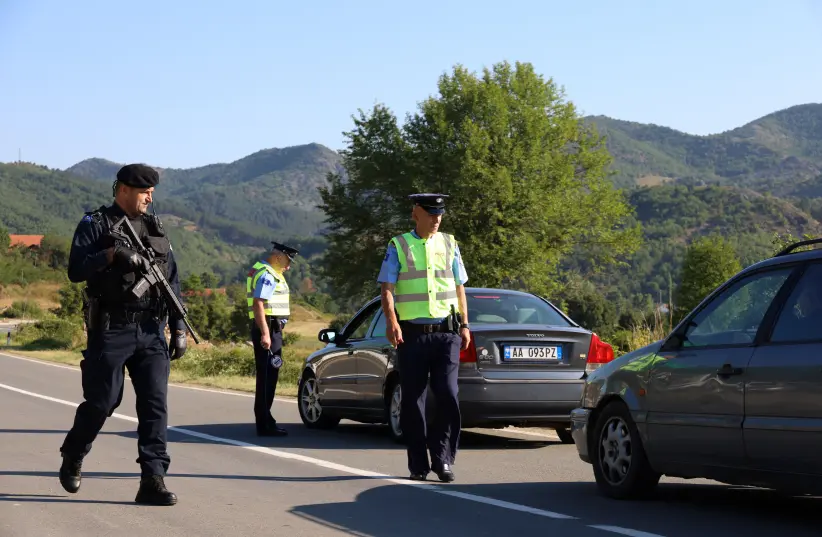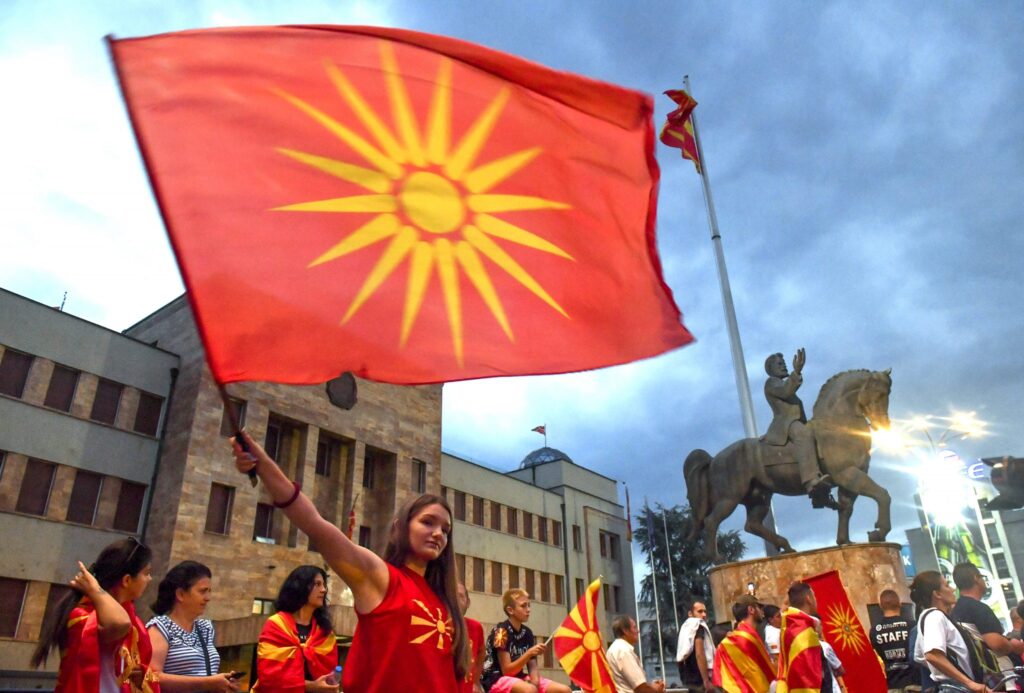Virus Balkanicus – Fascist Chauvinism (XIII): Public Relations Officers Of FEAR – Essay
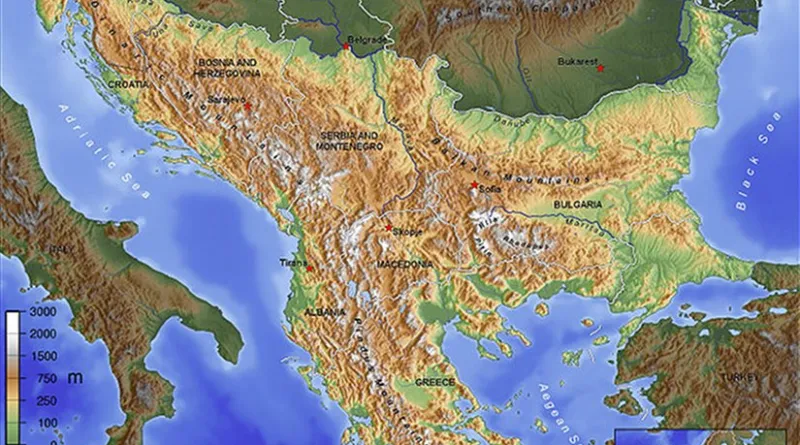
What always astonishing me was and it is a double face and hypocrisy of exactly every politician on the political scene on the area of former Socialist Federal Republic Yugoslavia (SFRJ or just ex-Yugoslavia). Bosnia and Herzegovina, Serbia, Croatia, Slovenia, Montenegro, North Macedonia, Kosovo…, are the places where live people who has politicians who will be a Communists (if needed) due to the wishes of the ones who make them possible to be whatever they are today. And who are those behind the scene?

